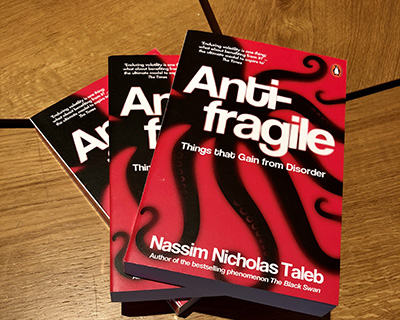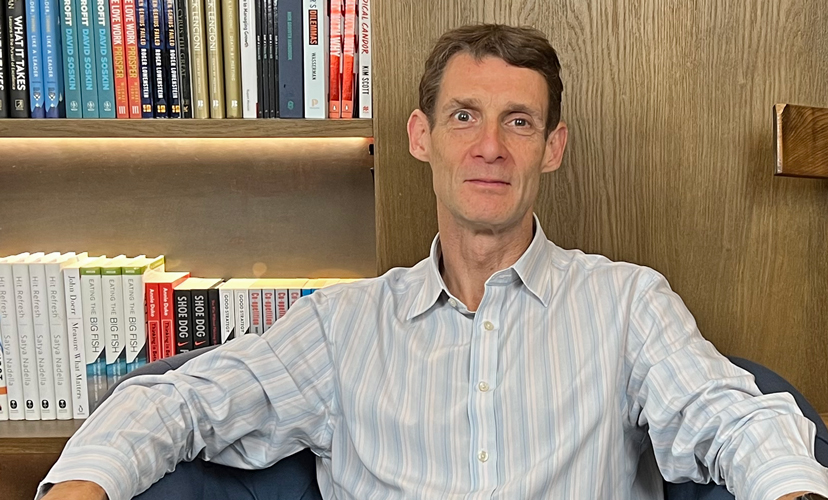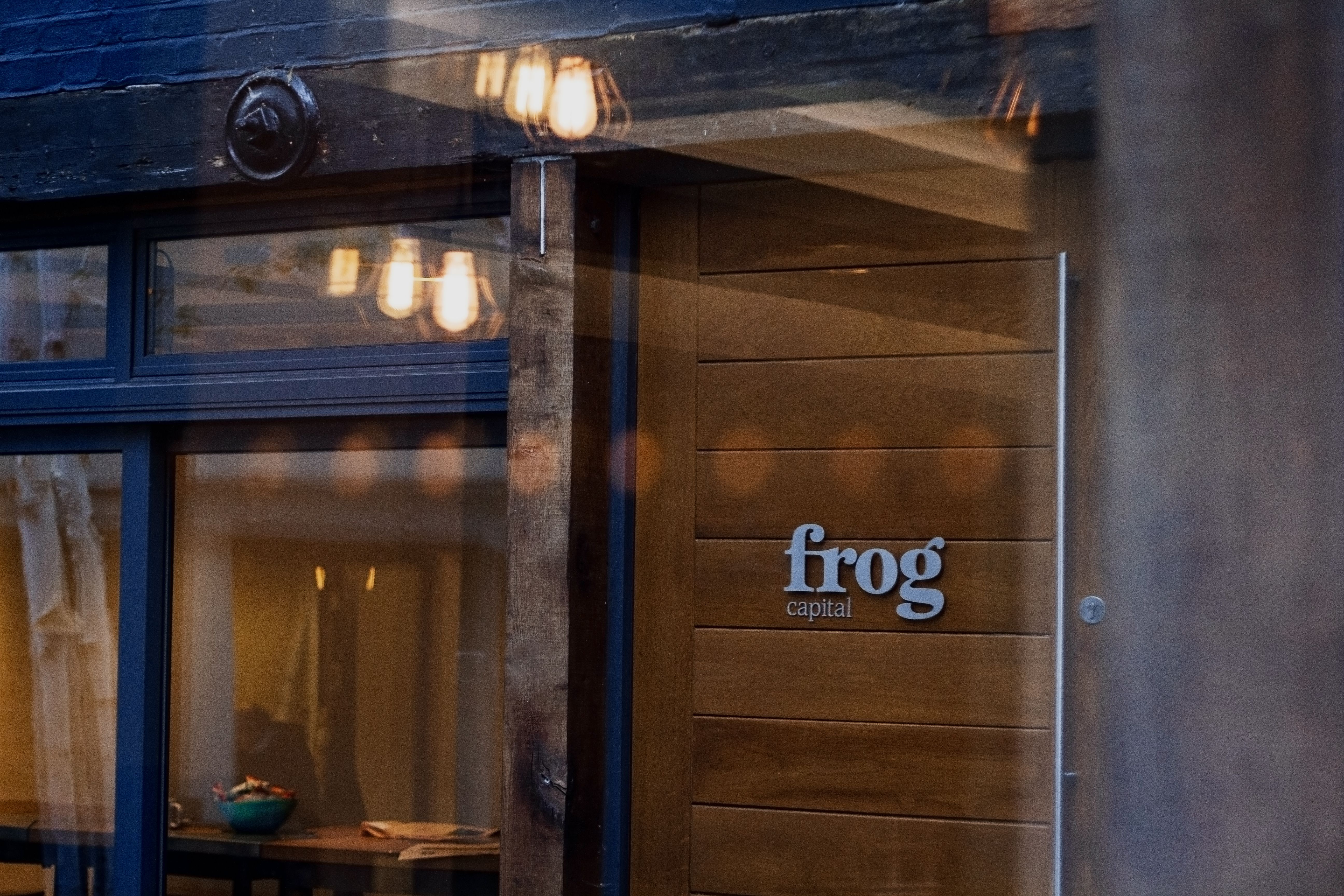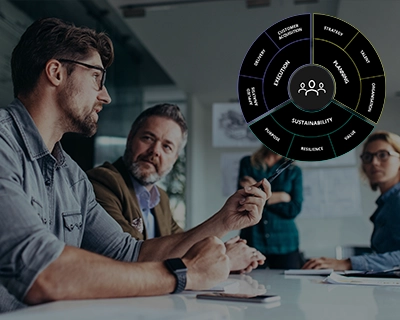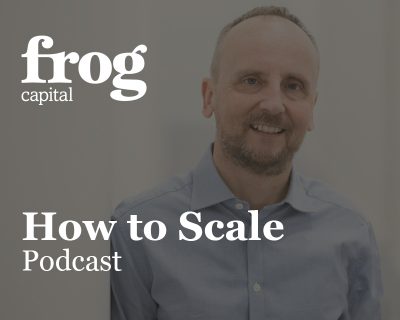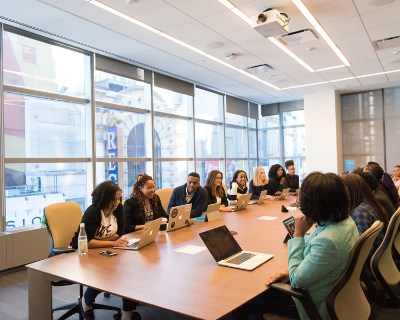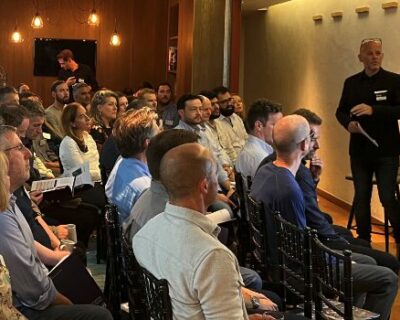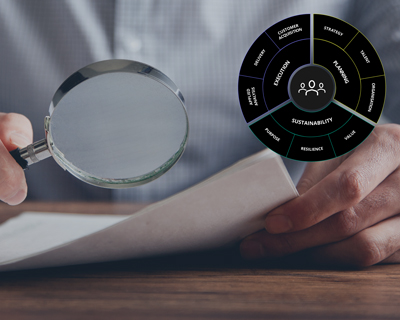In brief:
The author has written two previous books that I also recommend, Black Swan and Fooled by Randomness. These expose several areas of misguided thinking and bias in risk assessment that lead to bad decisions. Much like Kahneman’s Thinking Fast and Slow, they explore the errors that come from trying to make coherent narrative out of random events. The Black Swan lesson is that just because you have never come across something before, doesn’t mean it won’t happen. History might be the best source of data for prediction but that doesn’t mean it is reliable, particularly when it comes to predicting extreme events.
Antifragile takes this further to say that unpredictable extreme events will happen so you need to be able to cope with them. The answer for Taleb is that we need to rethink robustness. Instead of strength through organisation and control, driven by underlying and rigid conservatism, our focus should be to build a system that improves itself by developing through volatility; this is antifragile. Evolution is the classic antifragile system because life as a whole always progresses even when whole species are wiped out. In business, the equivalent process is capitalism where individual entrepreneurs are constantly creating. Although some fail, the process is regenerative as new replaces old.
What we learn:
Taleb applauds America’s risk-taking culture and learning from failure, not regarding failure with shame. He considers this experience of personal failure to be the best route towards building the antifragile. This support for people who have come through adversity and learnt lessons may be a reason why US scale-up conversion is better than in Europe where an unblemished track record is often preferred.
Taleb focuses on simplicity over complexity. “Less is more” is his guiding principle. He criticises the use of big data, arguing it obscures simple truths, distracting our thinking with a focus on trends and fads, rather than focusing on underlying value. His biggest criticism is against systems where the risk and rewards don’t sit with the decision makers; “skin in the game” is, he believes, the best way to ensure appropriate decision making.
On personal level, I embrace the idea of approaching negative experiences as essential for development. I have been through difficult times like redundancy following corporate acquisition and start-up failure and each time have used it as an opportunity to do something new and exciting afterwards. In the context of our investing in management teams, we all have skin in the game and can exploit the vulnerability of those that do not. We can share the experiences of successes and failures to provide learning for the teams we work with beyond the limits of their personal experience. Most importantly, at Frog, we never assume the past is a good predictor of the future and we’re always ready to take advantage of unexpected opportunities (which may appear as obstacles initially). Our Scale-up Methodology provides a clear route to company resilience, but keeping an eye on being antifragile can ensure we always keep one step ahead.
